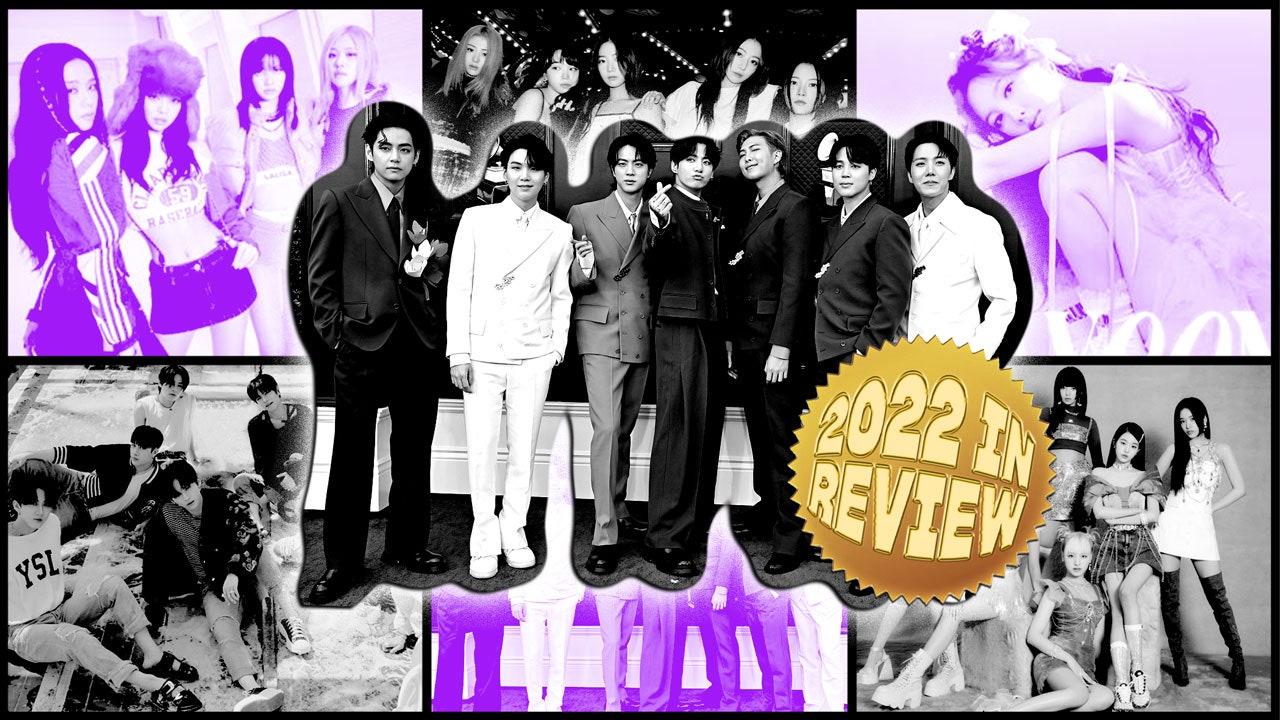When discussing the immensely popular K-pop group BLACKPINK, it’s crucial to remember that beauty is subjective. Each member—Jisoo, Jennie, Rosé, and Lisa—brings unique charm and talent to the table. However, some fans and critics occasionally debate who they believe might be the “ugliest” in the group.
Such discussions often spark controversy as they overlook individual strengths and contributions. Instead of focusing on superficial judgments, it’s essential to appreciate how each member’s distinct personality and skills contribute to BLACKPINK’s global success.
Exploring the Need for Positive Fandom Culture
Positive fandom culture plays a crucial role in fostering a healthy environment for both artists and fans. Encouraging supportive behavior can lead to more meaningful interactions within the community.
Evaluating the Impact of Negative Queries
Negative queries, such as asking who is the “ugliest” in BLACKPINK, can harm both individuals and the group’s overall image. These types of questions often perpetuate unnecessary comparisons and foster toxic behavior among fans. According to research by Common Sense Media, exposure to negative comments online can significantly impact mental health, leading to increased anxiety and decreased self-esteem.
The Power of Supportive Communities
Supportive communities uplift their members through positive reinforcement and constructive feedback. In K-pop fandoms like BLACKPINK’s BLINKs, promoting each member’s strengths helps create a more inclusive atmosphere. Fans who focus on celebrating achievements contribute to a healthier fan-artist relationship. For example, organized fan projects that highlight charitable activities or artistic talents showcase how collective positivity benefits everyone involved.
By prioritizing encouragement over criticism, fandoms can help ensure that their favorite artists thrive while maintaining a respectful and enjoyable community space.
Standards of Beauty in Entertainment
Beauty standards in entertainment often shape public perception, influencing how audiences view celebrities and artists.
How Beauty Standards Vary Globally
Beauty standards differ significantly across cultures. In South Korea, fair skin, a slim figure, and double eyelids are highly valued traits. Conversely, Western beauty ideals often emphasize tanned skin, curvaceous bodies, and diverse facial features. These varying standards reflect cultural histories and societal values.
The Role of Media in Perpetuating Stereotypes
Media plays a crucial role in reinforcing beauty stereotypes. Television shows, movies, and advertisements frequently showcase idealized images that set unrealistic expectations. For instance, K-pop idols like BLACKPINK members are often portrayed with flawless skin and perfect physiques due to rigorous training regimes and strict diets. This portrayal can perpetuate narrow definitions of beauty that exclude many natural variations found within the general population.
Celebrating Diversity in K-Pop
K-pop thrives on diversity, with groups like BLACKPINK showcasing unique talents and backgrounds. This section highlights the individual profiles of BLACKPINK members and their contributions to the group.
Profiles of Blackpink Members
BLACKPINK consists of four members: Jisoo, Jennie, Rosé, and Lisa. Each member brings distinct qualities to the group.
- Jisoo: Known for her visual appeal and acting skills, Jisoo often represents the group’s traditional beauty standards.
- Jennie: As the main rapper and a versatile vocalist, Jennie’s fashion sense sets trends globally.
- Rosé: With a unique voice and strong stage presence, Rosé excels as the main vocalist.
- Lisa: Renowned for her dance skills and charismatic performances, Lisa adds an international flair with her Thai heritage.
Celebrating Individual Talents and Contributions
Each BLACKPINK member contributes uniquely to their success.
- Jisoo’s Acting Skills: She has appeared in various dramas, enhancing BLACKPINK’s visibility in mainstream media.
- Jennie’s Fashion Influence: Her collaborations with luxury brands like Chanel highlight her impact on global fashion trends.
- Rosé’s Vocal Prowess: Her solo projects showcase her vocal range and artistic versatility.
- Lisa’s Dance Mastery: As a dance mentor on shows like “Youth With You,” she influences aspiring dancers worldwide.
By celebrating these diverse talents within BLACKPINK, fans can appreciate each member’s unique contributions rather than focusing on superficial judgments.
The Influence of Fans and Public Perception
Fans and public perception play a significant role in shaping the image of BLACKPINK members. Their interactions, combined with media portrayal, can greatly influence how each member is viewed.
Fan Interaction and Media Responsibility
Fan interaction significantly impacts public perception. BLACKPINK’s fanbase, known as BLINKs, actively engages on social media platforms like Twitter and Instagram. Positive comments uplift members’ spirits while negative remarks can harm their self-esteem. Media outlets also bear responsibility for shaping perceptions by choosing which aspects to highlight or downplay in articles and broadcasts.
For example:
- Social media trends often spotlight certain members.
- News articles may focus on specific attributes or incidents.
- Television appearances emphasize particular talents or looks.
Media should strive for balanced representation to avoid perpetuating biases.
Initiatives for Positive Influences in Entertainment
Several initiatives aim to promote positive influences within the entertainment industry. Campaigns advocating against cyberbullying encourage fans to support idols constructively rather than tearing them down. Organizations like UNICEF have partnered with K-pop groups to spread messages of kindness and respect online.
Examples include:
- Anti-cyberbullying campaigns led by entertainment companies.
- Collaborative efforts between artists and non-profits.
- Social media movements promoting positive engagement.
These initiatives help create a healthier environment for both idols and fans, fostering mutual respect and appreciation within the community.
Conclusion
Beauty is subjective, especially in the dynamic world of K-pop. BLACKPINK’s members each bring unique qualities that transcend superficial judgments. Their talents and contributions to music, fashion, and entertainment deserve recognition beyond mere appearances.
Fans play a crucial role in shaping perceptions, and media outlets have a responsibility to present balanced representations. Initiatives promoting kindness and respect are vital for fostering a positive environment for both idols and fans.
Ultimately, celebrating diversity within BLACKPINK enriches the community, encouraging mutual respect and appreciation.

